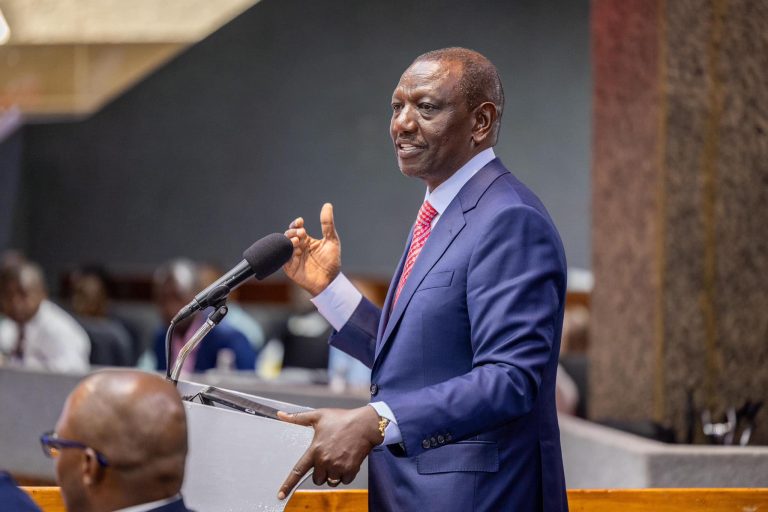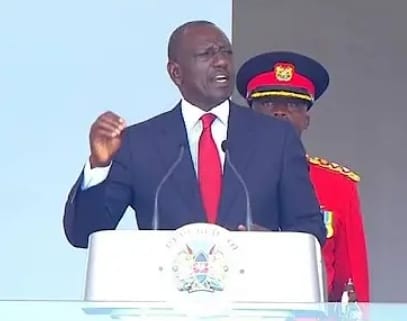The government has been given one last chance to present proof that it officially cancelled a contract awarded to the Adani Group by the Kenya Electricity Transmission Company (KETRACO).
When the case came up on Tuesday before Justice Bahati Mwamuye, the court learned that the state had still not submitted the needed documents to show that the contract had been cancelled.

Because of this, the respondents therefore, asked the court for more time to prepare and file their responses.
After listening to both sides, the judge made a clear ruling. Justice Mwamuye said the respondents — especially the first one — would get a final opportunity to file and serve their responses to the application and petition.
The court gave them a strict deadline: that they must submit all the necessary documents by August 1, 2025.
Furthermore, the judge warned that if the state, through the Office of the Attorney General, fails to file the required proof by that date, the case will move forward without any more delays. It will proceed to a full hearing.
Read also Officers on duty during Albert Ojwang’s death suspended
In addition, the court scheduled the next mention of the case for October 27, 2025. On that day, the court will also give directions on whether to add other parties to the case.
The Adani deal
To give some background, this issue started in November 2024 when President William Ruto directed the Ministries of Transport and Energy to cancel certain contracts.
These included the deals between the government and the Adani Group involving the Jomo Kenyatta International Airport (JKIA) and KETRACO.
Earlier, the High Court had also issued a conservatory order. This temporarily stopped the government from moving forward with the Adani agreement until the case was heard fully.
The case was brought to court by the Law Society of Kenya (LSK). The LSK argued that the government did not follow the law when it signed the deal.
According to them, there was no proper public consultation, and the process lacked transparency and accountability.
They also claimed that the agreement may have violated the Constitution, especially rules related to good financial practices and openness in public contracts.













